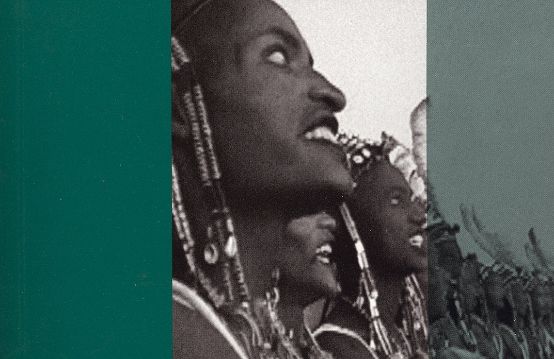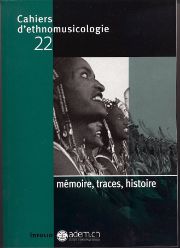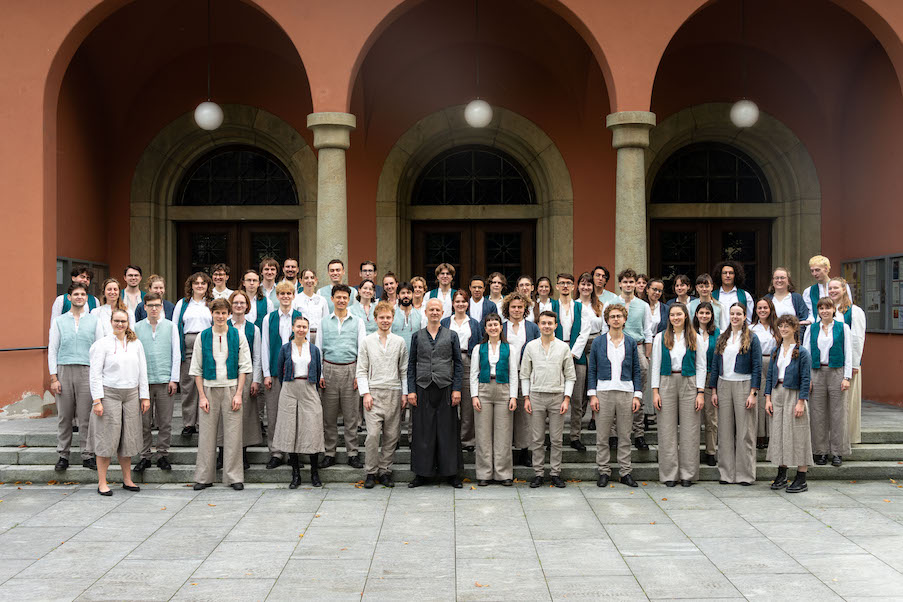Memory and history
Cahiers d'ethnomusicologie has been published since 1988. Each volume includes a major dossier that makes up about three-quarters of the work.

A cultural association dedicated to world music and dance, Ateliers d'ethnomusicologie (ADEM) was founded in Geneva in 1983. Among its many activities (fifty courses, as varied as South Indian percussion, Galician bagpipes and Balinese dance, introductory courses in schools, help for migrant musicians, organization of concerts and festivals) is the annual publication of Cahiers d'ethnomusicologie. Each volume includes a major dossier that makes up around three-quarters of the work, an interview and detailed reviews of books, mainly in French and English, CDs and doctoral theses.
In recent years, the following topics have been addressed: musical gesture, musical forms, musical identities, performance(s), emotions, ethical issues, the artist's lifewhile this year's issue will be entitled notes of humor.
For example, the dossier devoted to memory, traces, historypublished in 2009 in the 22ème cahier, consists of an introduction followed by twelve articles, constituting the proceedings of an international colloquium held at the Université de Nice Sophia-Antipolis in 2008. This incursion into the historical functions of musical memory and orality addresses, for example, the question of transmission, or the far more complex relationship between writing and orality than is generally thought. Doesn't the material safeguarding of oral tradition by means of the record also imply the fabrication of a kind of fixed orthodoxy? In recent decades, memory has been revalued as a historical source that complements the written word and archaeology. Myths, epics, narratives and ritual acts linked to music have thus acquired additional scientific significance. One of the recurring themes of the book is the loss of memory, both individual and collective, and the responses to it. Articles are devoted more specifically, for example, to the memory of improvisers in South Indian music, to oral laments in Brittany under the Ancien Régime, or to musical transmission in a nomadic context.
Cahiers d'ethnomusicologie, volume 22, mémoire, traces, histoire, Ateliers d'ethnomusicologie, Geneva, 2009









